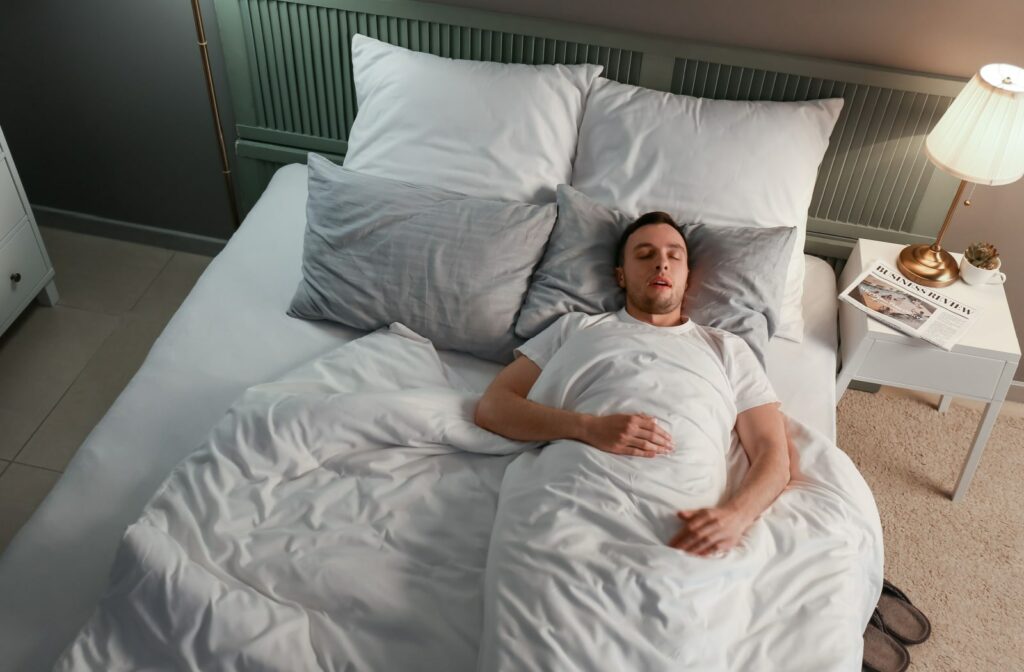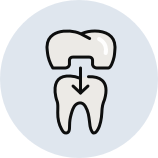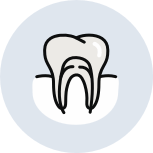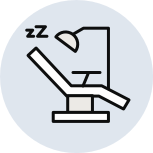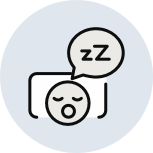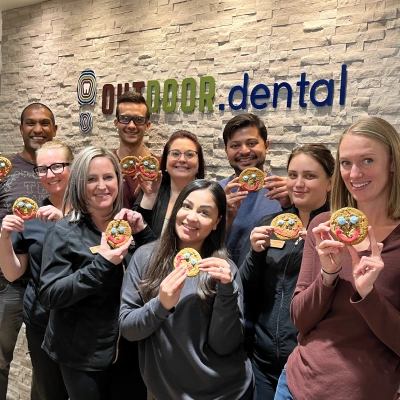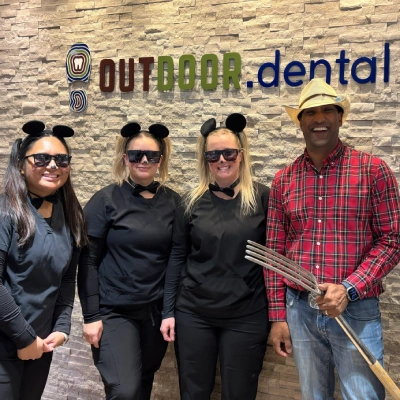Sleep apnea is a prevalent sleep disorder that affects millions of people worldwide. It is characterized by pauses in breathing or shallow breaths during sleep.
While the causes of sleep apnea can vary, one often overlooked factor is a deviated septum. The relationship between a deviated septum and sleep apnea can be complex. Evidence suggests that a deviated septum may play a significant role in the development or severity of sleep apnea by affecting nasal airflow and breathing patterns during sleep.
Addressing a deviated septum through medical interventions may offer relief–starting with booking an appointment.
What Is a Deviated Septum?
Before diving into the connection with sleep apnea, let’s understand what a deviated septum is. The septum is the cartilage and bone structure that divides the nasal cavity into 2 nostrils. When this septum is off-center or deviated, it can obstruct one or both nasal passages, potentially causing breathing difficulties.
What Causes a Deviated Septum?
A deviated septum may be present from birth, indicating a congenital condition. Alternatively, it can develop following nasal trauma, commonly resulting from activities like contact sports, physical altercations, or automobile accidents. Additionally, the severity of a deviated septum may increase as one ages.
Symptoms of Deviated Septums
Many individuals with a deviated septum experience only a slight misalignment, often resulting in no symptoms. However, when symptoms do occur, they may include:
- Challenges with nasal breathing
- A noticeable ease of breathing through one nostril over the other
- Frequent nosebleeds
- Occurrences of sinus infections
- Dryness in a specific nostril
- Snoring or heavy breathing while asleep
- Feelings of nasal congestion or pressure
In cases of significant deviation, facial pain may also be present. It’s advisable to consult a doctor if you regularly suffer from nosebleeds or sinus infections or if breathing difficulties are impacting your daily life.
How Does a Deviated Septum Contribute to Sleep Apnea?
The relationship between a deviated septum and sleep apnea is nuanced, with various sources offering insights into how these conditions may intersect.
Nasal Obstruction
A deviated septum can obstruct airflow through the nasal passages, making it difficult for individuals to breathe through their nose, especially when lying down. This obstruction can lead to increased breathing efforts and potentially result in episodes of apnea during sleep.
Mouth Breathing
Individuals with a deviated septum may resort to mouth breathing while sleeping to compensate for the blocked nasal passages. Mouth breathing is associated with a higher risk of airway collapse, particularly in obstructive sleep apnea patients.
Disrupted Sleep Patterns
The combination of nasal obstruction and increased breathing efforts can disrupt the normal sleep cycle, leading to fragmented sleep patterns characteristic of sleep apnea. These disruptions prevent individuals from achieving restorative sleep, resulting in daytime fatigue and other sleep apnea symptoms.
Exacerbation of Other Risk Factors
A deviated septum can exacerbate other risk factors for sleep apnea, such as obesity, chronic sinusitis, or allergies. These conditions can further contribute to nasal congestion and breathing difficulties during sleep, worsening the severity of sleep apnea symptoms.
Seeking Relief
In most cases, treatment is not necessary. For a severely deviated septum, surgery is the common treatment option. Due to the costs, risks, or other factors, some people with a deviated septum choose not to undergo surgery as other treatment options are available. However, these alternative options don’t resolve a deviated septum, but they can lessen the symptoms that accompany it.
Common treatments for symptoms include:
- Decongestants: Decongestants are commonly used to manage the symptoms associated with a deviated septum by reducing swelling in the nasal passages, which can help improve airflow through the nose.
- Antihistamines: Antihistamines can help with the symptoms of a deviated septum, particularly when allergies are a contributing factor. They can offer significant relief by relieving nasal congestion, runny nose, and sneezing.
- Nasal steroid spray: These medications can help alleviate nasal congestion associated with a deviated septum, improving airflow and reducing the severity of sleep apnea symptoms.
- Nasal strips: Nasal strips are a non-medicated option for individuals seeking relief from nasal congestion associated with conditions like a deviated septum, colds, allergies, or to reduce snoring caused by nighttime nasal congestion.
Nasal Septoplasty
Nasal septoplasty is an effective surgical procedure for correcting a deviated septum. This procedure is a commonly recommended solution for addressing nasal airway obstruction and related symptoms.
Continuous Positive Airway Pressure (CPAP) Therapy
CPAP therapy remains a highly effective treatment option for individuals with both sleep apnea and a deviated septum. It delivers a constant flow of air to prevent airway collapse during sleep.
CPAP therapy involves using a machine that delivers a steady stream of air through a hose to a mask worn over the nose, mouth, or both. This airflow helps keep the airway open, allowing for normal breathing during sleep and improving sleep quality.
Seeking Relief for Sleep Apnea
While a deviated septum may not directly cause sleep apnea, it can significantly contribute to its development and exacerbation of symptoms.
Seeking a sleep evaluation with our dentists at Outdoor Dental can be an important step in properly diagnosing and treating both sleep apnea and a deviated septum. We encourage you to reach out and book an appointment with us.
By addressing a deviated septum and managing sleep apnea effectively, you can experience improved sleep quality and overall well-being.

